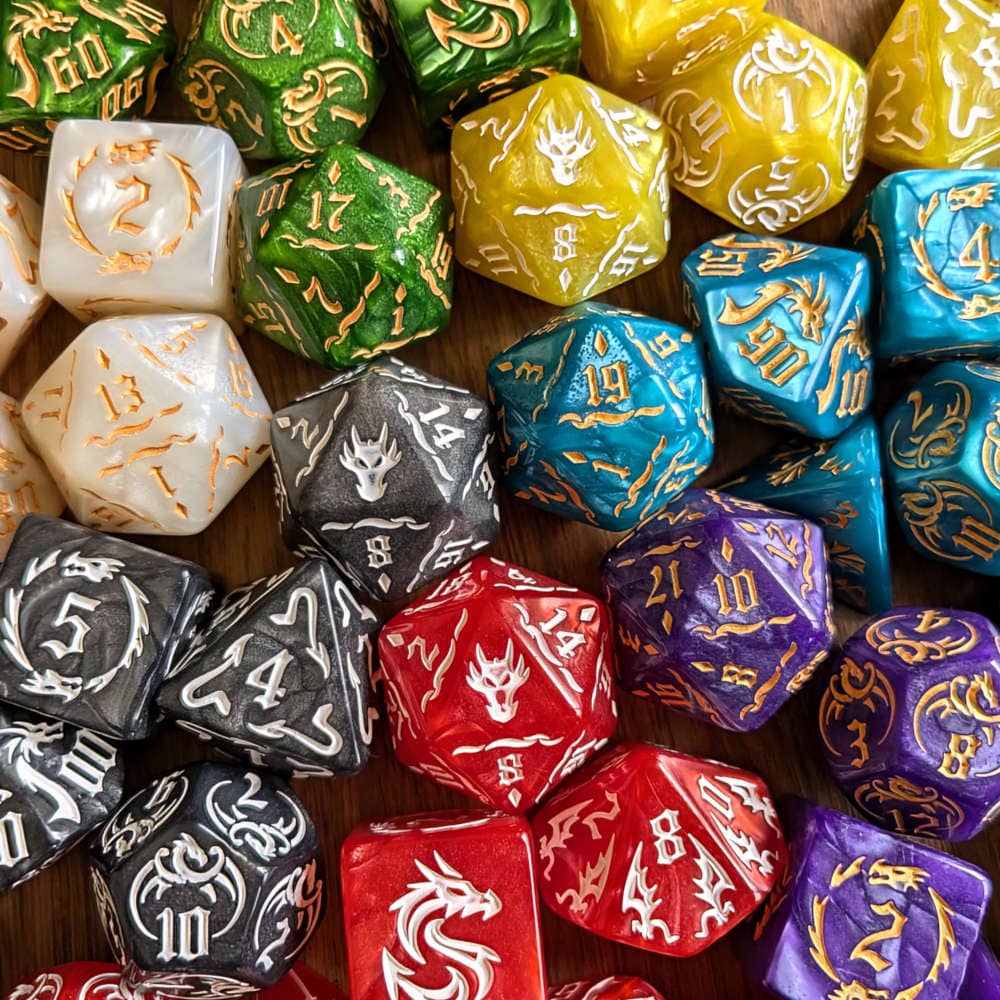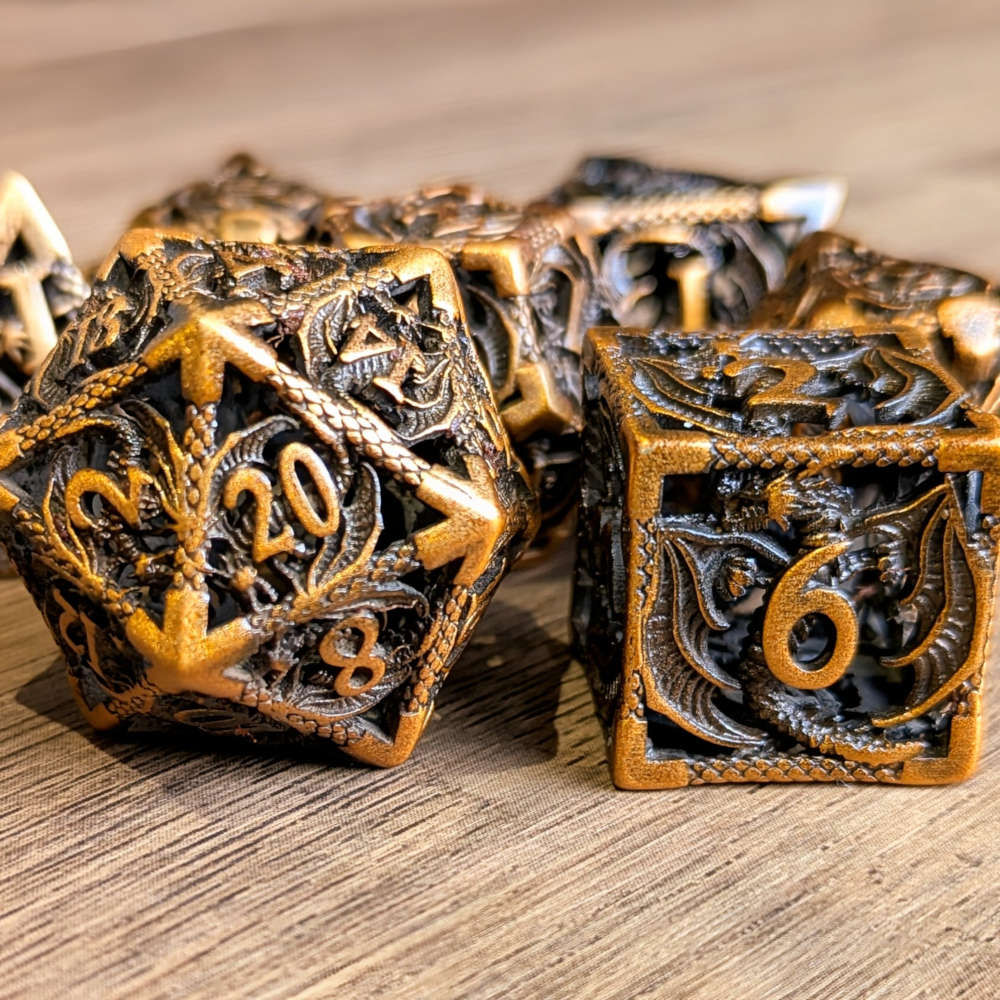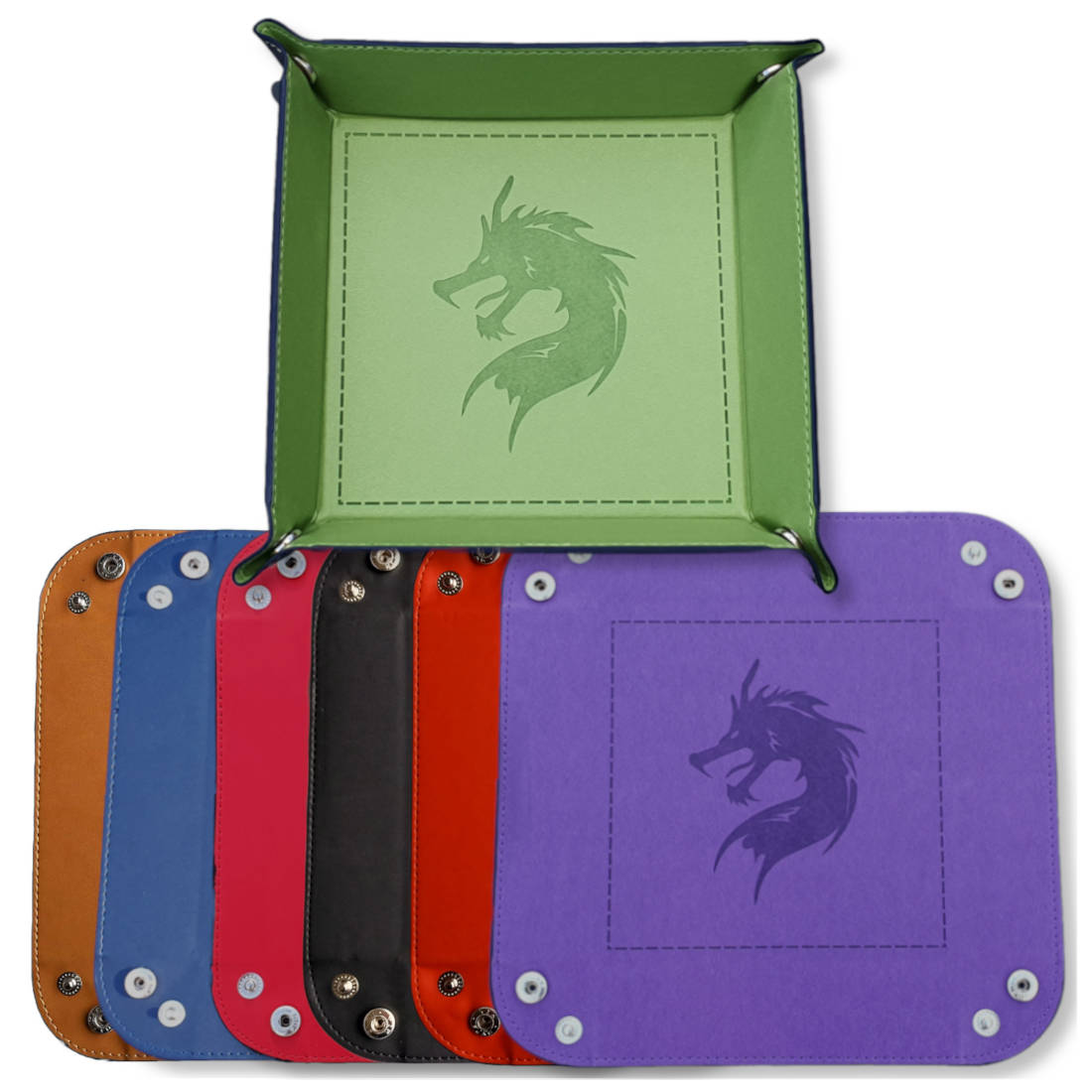How long should DND sessions and campaigns be?

Dungeons & Dragons, the legendary tabletop role-playing game, offers endless adventures - but how long should a D&D campaign be? And how long do D&D games typically last?
The truth is, there’s no single answer. It all depends on your group’s style, goals, and availability. In this guide, we’ll break down session and campaign lengths to help you decide whether your game should be a one-shot adventure or an epic saga spanning years.
How long do DND campaigns last?
The length of a D&D campaign can vary depending on the story's scope and your group’s commitment. A full campaign can last anywhere from a few weeks for a short adventure to several years for an epic, sprawling saga. The average DND campaign runs for 6 months to 2 years, with sessions taking place weekly or biweekly.
Short campaigns, often called "mini-campaigns", tend wrap up in 4-12 sessions, while larger campaigns, like official Dungeons & Dragons modules (Curse of Strahd, for example), can take 1-2 years to complete.
How long should a DND campaign be?
The ideal length of a D&D campaign depends on your group’s preferences, schedule, and the scope of the story you want to tell. As a general rule, aiming for a campaign that lasts around a year is a great starting point. This gives enough time for meaningful character development and story progression without risking burnout. If it’s your first campaign, consider something shorter: 8–12 sessions - to give yourself a manageable scope and gain experience before tackling a longer campaign.
Here are key factors to consider when planning your campaign’s length:
- Campaign complexity: Simple storylines may take only a few sessions to complete, while intricate, multi-layered plots with subplots and twists can last several months or years.
- Campaign style: A high-action, fast-paced campaign will likely progress faster than one focused on role-playing, political intrigue, or exploration, which tends to develop more slowly. Also, whether you play DND in person or online can affect how focused your players are and how much distraction or other activity happens.
- Scheduling constraints: Real-life commitments greatly influence campaign length. Weekly 3-hour sessions might move the story along quickly, while less frequent or shorter sessions will naturally extend the campaign’s duration. Read more about this in our guide: ‘How often should DND groups meet?’.
- Player goals: If the players’ goals are ambitious; like founding a kingdom or defeating a world-ending villain; you’ll need more time for those stories to fully unfold.
- Level range: The level range your campaign covers will also determine its length. Campaigns often climax around levels 11-16 (tier 3), where characters become powerful and the stakes reach their highest point. Whether you use XP or milestone levelling in DND will affect how quickly players level up.
- Player choices: Player decisions can introduce unpredictability. Side quests, extended role-play moments, and unexpected detours can expand the campaign beyond your original plan.
Ultimately, how long your campaign should be comes down to what works for your group. Discussing expectations in session zero will help you set a realistic timeline that fits everyone’s preferences and availability.
How long does a DND game last?
How long a DND session lasts ultimately depends on the group’s preferences and schedules. Some groups prefer shorter, 2-hour sessions for quick, focused gameplay, while others dive into marathon 6-hour adventures. For most groups, 3 hours strikes the perfect balance between depth and staying energized.
What is the average DND session length?
The average DND session length is around 3 to 4 hours. This provides enough time for players to immerse themselves in the story, explore, roleplay, and engage in meaningful combat or decision-making.
Remember, every group is different - tailor your campaign to what works best for your table.
What affects the length of a D&D session?
Several factors influence how long a D&D session lasts, and understanding these can help you plan engaging and well-paced games. Session content plays a big role - combat encounters tend to take the longest, especially when they involve multiple creatures or tactical decisions, while puzzles and role-playing in DND can vary depending on complexity.
Player decision-making also affects pacing. Some groups move quickly through encounters, while others take their time debating choices and exploring every detail. Role-playing depth is another factor - immersive character interactions and in-depth dialogue can enrich the game but often extend sessions. For more on this, read our guide on how to get players more immersed in DND.
Finally, experience level and table dynamics matter. New players may take longer to understand how DND dice work and navigate rules and mechanics, while experienced groups tend to progress faster. Distractions and off-topic chatter can slow things down, but setting clear session goals helps keep the game on track and ensures everyone stays engaged.
How many sessions should a DND campaign be?
The number of sessions in a D&D campaign depends on its scope and style. For new DMs, starting with a shorter 4-12 session campaign is a great way to gain experience and avoid DM burnout. Ultimately, the right length depends on your group’s preferences and availability, so it’s best to set expectations before starting.
Once you’ve determined your campaign length, you’ll need to consider how much time to invest in preparing it.
How long does it take to make a DND campaign?
The time it takes to create a D&D campaign depends on its complexity and scope. A simple, short campaign can be prepped in a few hours or days, while a fully fleshed-out world with an intricate storyline, detailed NPCs, and rich lore might take weeks or even months to build.
Remember, you don’t need to prep everything at once - start with the essentials and expand as the story unfolds. When you're ready to start, be sure you know how to prepare for DND sessions.
Dice and accessories for your adventures
Ready to take your D&D experience to the next level? Check out our blog for more tips, like what makes you a dice dragon and how to be a better Dungeon Master.
Whether you're after a stunning set of D&D dice, a unique D&D necktie, or other fun tabletop accessories, we've got everything you need to enhance your adventures.






